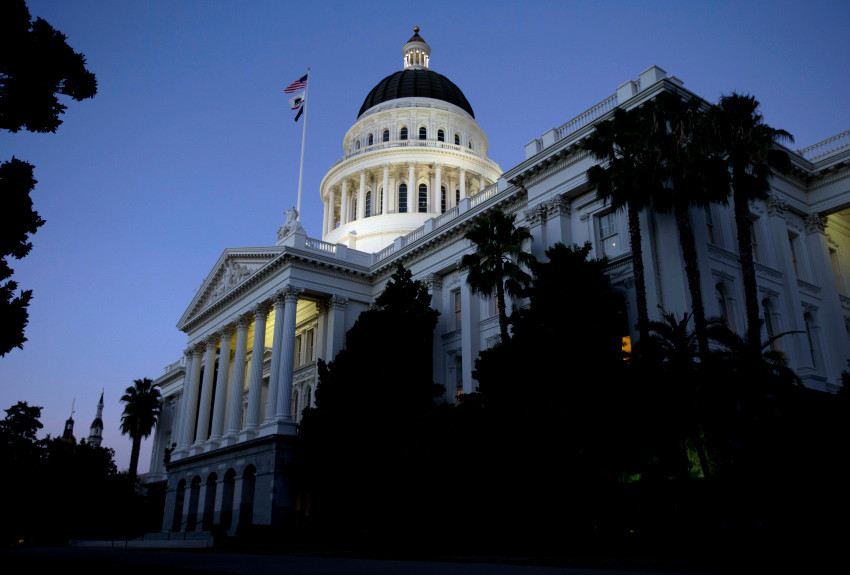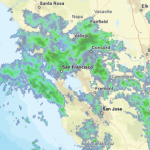As the June 15 constitutional deadline for enacting a 2024-25 state budget approaches, the good news for Gov. Gavin Newsom is that all-important income tax revenues in April slightly exceeded the administration’s $16.3 billion assumption.
Even so, the bad news is that overall revenues from income, sales and corporate taxes are still running $6 billion behind what Newsom’s January budget projected for the current fiscal year, meaning that cumulative deficit will be substantially more than the $38 billion Newsom’s proposed budget assumed.
But how much more?
The Legislature’s budget analyst, Gabe Petek, has estimated that the cumulative deficit for the three-year “budget window” — 2022-23, 2023-24 and 2024-25 — to be $73 billion, largely due to his more pessimistic revenue calculations. Newsom’s January budget assumes that revenues are running $44 billion under last year’s budget projections during the three-year window, while Petek raises that estimate to $68 billion.
With revenue shortfalls driving the state’s deficit number — whatever it might be — everyone involved in the annual budget process was closely monitoring what April 15’s income tax filing deadline would produce.
Newsom even indefinitely postponed his annual state of the state address because of the uncertainty. Governors usually try to strike upbeat themes in such addresses and that would be particularly difficult this year.
With the month’s revenue numbers now known, the next phase will be Newsom unveiling a revised budget later this month, setting the stage for several weeks of intensive — and secretive — negotiations between the governor and legislative leaders. The revised budget proposal, and the budget that emerges from negotiations, will be balanced on paper. That is, projected revenues and projected spending — $291.4 billion in the January budget — will be matched.
However, neither will be balanced in the true sense of the word, because the revenues will include at least $12 billion from the state’s emergency reserves, many billions more in loans from special funds and some accounting gimmickry.
Nor will the June 15 budget be the final spending plan for the 2024-25 fiscal year, any more than the current 2023-24 budget is what Newsom and legislators enacted last June. They have already made billions of dollars in changes in response to stubbornly subpar revenues, trying to get a jump on the state’s chronic gap between income and outgo.
The situation is a sticky wicket, to use an old-fashioned term from the sport of cricket, for the countless interest groups that depend on money from the budget. Even with the injection of money from reserves, the spending side of the budget will have to be trimmed, although by how much and from what programs are still guesswork at this stage.
Related Articles
A new California bill could provide cash to homeless high school seniors
Opinion: California’s budget is in freefall. Who will bail out the babies?
As budget cuts loom, Bay Area big city mayors urge Newsom to spare homelessness funding
Skelton: California’s budget relies on richest taxpayers and we’re paying the price
Walters: California progressives play defense as state faces huge budget deficits
Budget stakeholders are jockeying for position on the priority list with private lobbying of legislators and public pronouncements of vital need.
In theory, there’s another way Newsom and legislators could truly balance the budget and satisfy those clamoring for money — by raising taxes. Both of Newsom’s last two predecessors, Republican Arnold Schwarzenegger and Democrat Jerry Brown, faced deficits of comparable magnitude and both won legislative or voter approval of tax increases to close their gaps.
Left-leaning legislators have proposed tax increases and one might think that Newsom, who is ideologically to the left of both former governors, would be willing to embrace that solution.
However, Newsom has publicly shunned tax increases, apparently concerned that they might drive more high-income taxpayers or corporations out of the state, but perhaps because a tax hike would also undercut his strenuous efforts to raise his national political standing.
Dan Walters is a CalMatters columnist.


